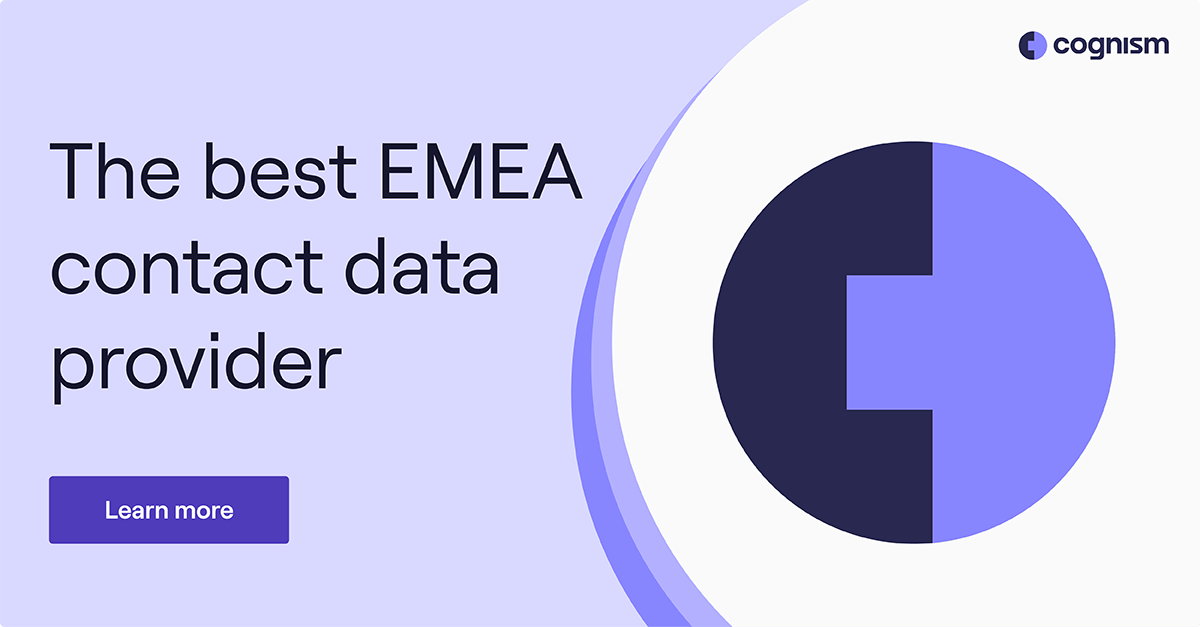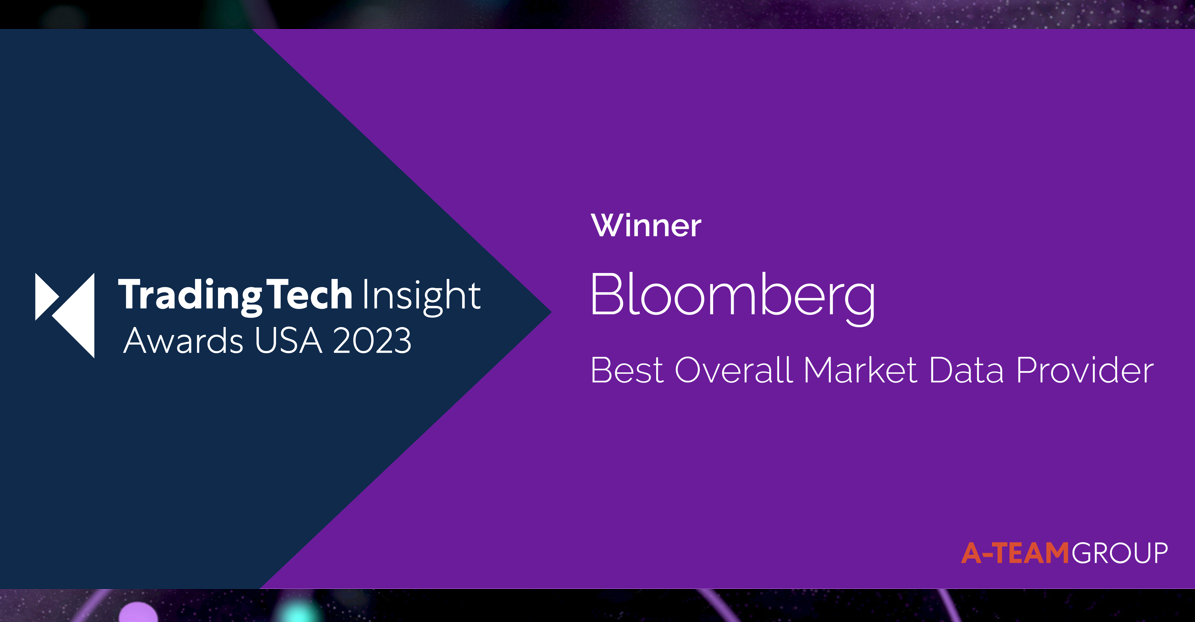Key Factors to Look for in a Database Provider for Startups
Trick Functions to Seek When Selecting a Data Source Service Provider
Selecting a database company is an essential choice that can significantly impact your organization's information and procedures monitoring approach. Amongst the crucial attributes to take into consideration are scalability alternatives, which make certain that your system can adjust to expanding demands.
Scalability Options
When selecting a database service provider, understanding scalability options is crucial to ensuring that the picked remedy can suit future growth. Scalability refers to the ability of a data source system to increase its capability and performance in response to increased need. There are 2 main kinds of scalability: vertical and straight.
Upright scalability, or "scaling up," includes improving a single web server's sources, such as CPU, RAM, or storage space. This technique can be simple and economical for smaller applications yet may reach a restriction where additionally upgrades are as well expensive or not practical.
Horizontal scalability, or "scaling out," involves including a lot more servers to disperse the tons. This approach permits better adaptability and can accommodate considerable boosts in information volume and user website traffic (database provider). It is especially valuable for cloud-based data source options that can dynamically allot resources based on need

Safety Actions

When examining security procedures, take into consideration the implementation of security protocols (database provider). Data-at-rest and data-in-transit security are vital to make certain that delicate info remains safeguarded, even in the occasion of a safety violation. In addition, try to find service providers that use strong verification mechanisms, such as multi-factor authentication (MFA), to better boost gain access to control
Routine safety and security audits and compliance with industry criteria, such as GDPR or HIPAA, are a sign of a service provider's commitment to information protection. In addition, inquire concerning their occurrence feedback plan; a robust plan can decrease the effect of any kind of potential safety and security occurrence.
Performance Metrics
Examining efficiency metrics is important for companies to ensure that their selected data source service provider meets operational demands. Trick efficiency metrics include reaction throughput, scalability, and time, which jointly establish the performance of database procedures under varying loads.
Reaction time is critical, as it reflects how rapidly the data source can refine inquiries and return outcomes. Organizations must look for metrics that indicate typical action times throughout top and off-peak important site hours. Throughput, typically gauged in transactions per second (TPS), supplies insight into the data source's capacity to take care of high quantities of requests without efficiency destruction.
Scalability assesses the data source's capacity to grow with the company's requirements. A durable data source company ought to demonstrate vertical and horizontal scaling capacities, enabling seamless modifications as demands change. Additionally, recognizing latency, specifically in dispersed systems, can help companies assess the responsiveness of the data source across different geographical places.
Client Assistance
Trusted client support is a foundation of efficient database monitoring, supplying companies with the help required to settle concerns and maximize efficiency. When picking a data source service provider, assessing the degree of customer assistance they use is important. A robust support system ought to include several channels of communication, such as phone, email, and live conversation, making certain that customers can access assistance whenever they require it.
Furthermore, responsive assistance groups that are offered 24/7 significantly improve the reliability of the data source solution. Trigger reaction times and reliable resolution of issues can substantially reduce downtime and increase general efficiency. It is additionally useful to think about the accessibility of dedicated support personnel, who can offer tailored help based on an organization's certain requirements.

Prices Structure
When thinking about a data source carrier, the prices structure is an essential aspect that can dramatically influence a company's budget and overall strategy. A adaptable and clear pricing version is crucial for lining up the data source costs with service needs - database provider. Organizations should assess whether the rates is based on intake, per customer, or a level price, as each design can yield various financial effects with time
It is essential to evaluate any kind of added expenses dig this related to the supplier's solutions, such as information storage space costs, purchase expenses, and assistance costs. Some providers may offer tiered rates, allowing scalability as the organization grows, while others may impose stringent limitations that can become costly as data needs raise.
In addition, organizations need to consider the long-term value of the data source option. While reduced first costs can be enticing, they might not account for future upgrades, maintenance fees, or assimilation expenses. Performing an extensive cost-benefit analysis will aid recognize one of the most appropriate prices framework that stabilizes efficiency, scalability, and support, eventually ensuring that the chosen database service provider lines up with the company's functional and economic purposes.
Final Thought
In final thought, picking a database supplier necessitates cautious factor to consider of various important features. Assessing efficiency metrics makes it possible for the identification of effective data sources, and accessible customer support boosts the total user experience.
Choosing a data source carrier is a vital choice that can dramatically impact your organization's information and procedures monitoring strategy.When selecting a database company, recognizing scalability alternatives is crucial to guaranteeing that the selected option can suit future development. When picking a data source provider, evaluating the level of customer support they offer is important.When thinking about a database service provider, the prices structure is a critical variable that can significantly influence a anchor company's spending plan and total method. Carrying out a complete cost-benefit evaluation will help identify the most ideal prices structure that stabilizes scalability, support, and efficiency, eventually guaranteeing that the selected data source carrier straightens with the organization's financial and functional goals.